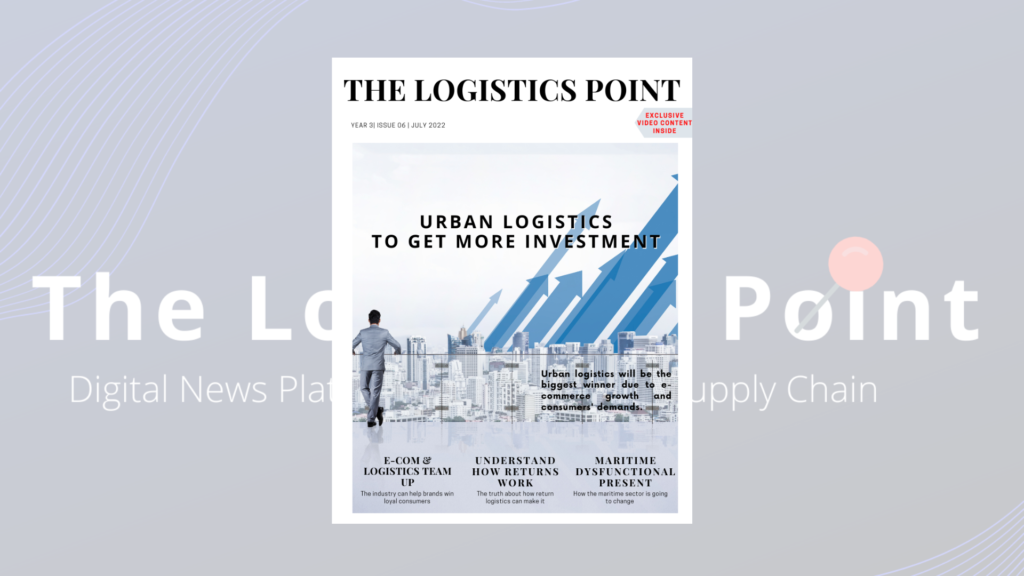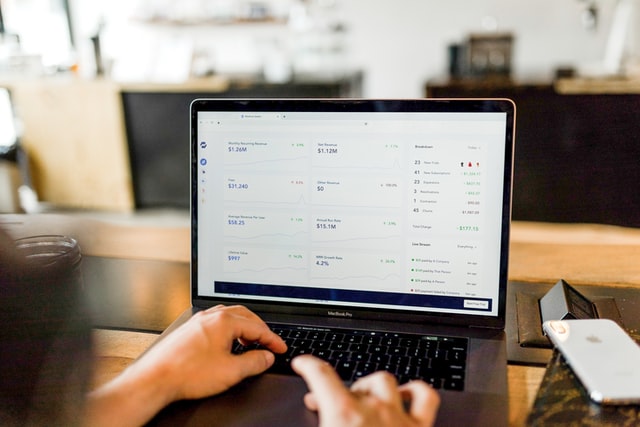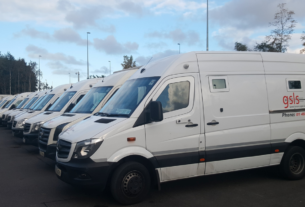If a few years ago it was okay to rely on averages, now companies need real time data. What really is the problem with averages, however? We spoke to Jonathan Bouaziz, CEO and Co-founder at Kardinal, during the Home Delivery Europe event in Amsterdam, about route optimisation and real-time data. You can watch the full interview now.
How has route optimisation changed over the last few years?
Ten years ago we could deliver in ten days and that would be considered a miracle but logistics has changed drastically. Today we expect either the next day’s delivery or in a few minutes. In terms of processes this has changed everything.

Before, if you implemented some optimisation tools, you had the time to define the parameters, send data, optimise it and get the answer. This might take around 10 – 15 minutes. Now, in those 15 minutes so many things happen that you need to do all of these in real time. This would mean that you need to optimise nonstop. From first to last order, everything needs to be continuously optimised.
What is the problem with relying on averages and not on full real-time data?
It was working really well a few years ago but now volatility is very important. There is the need to balance capacity between different zones and times of the week. When you rely on averages you cannot build a robust organisation that would last long. We can not combine machine learning and route optimisation to make sure that we have created the best plan in advance.
Where do we implement such technologies along the logistics process?
We need to take into account all events: congestion, delivery route, etc. By looking at data we can know what happened, what people were supposed to do and what the reality was. All of it is collected naturally.


